Scholar Spotlight - Lisa Kennedy
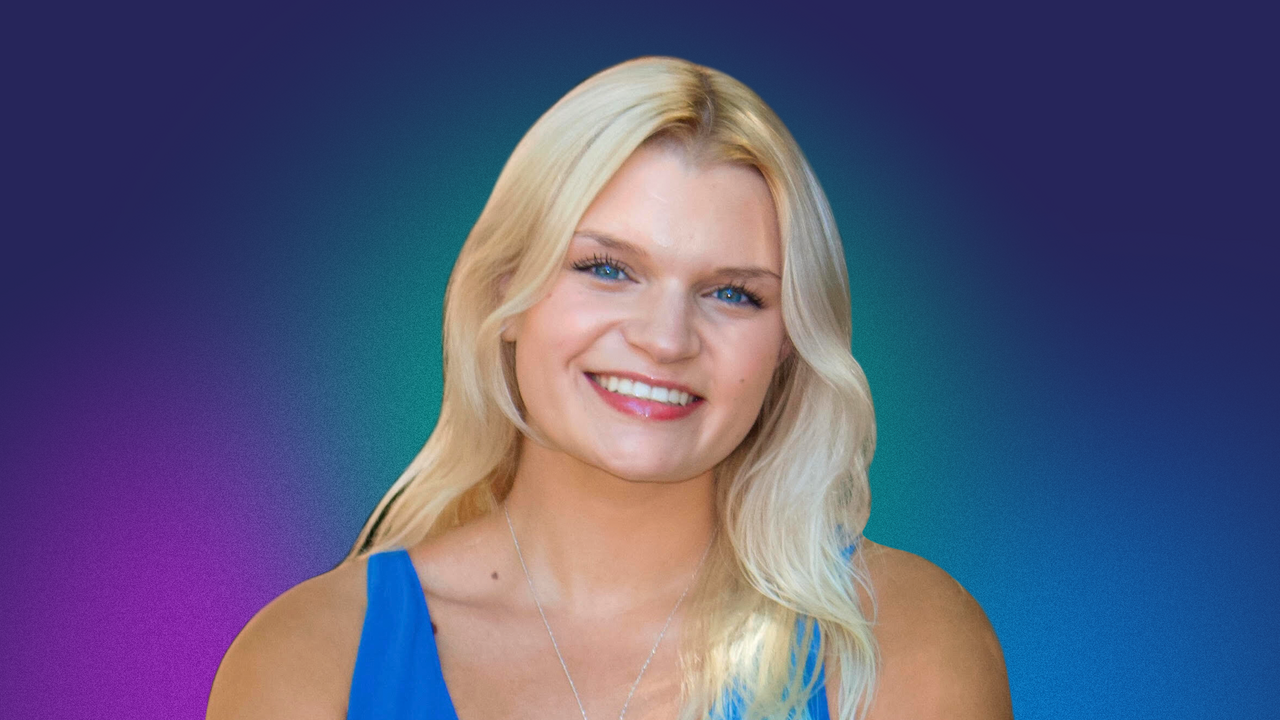
Discover more Scholar Spotlights.
Lisa Kennedy, a Laidlaw Scholar at Georgetown University, on Analysing Rural Students' Applications to Georgetown University.
Research Title:
From 7,000 to 700,000: A comparative Analysis of Rural Students' Applications to Georgetown University.
Much research has been directed at analyzing disparities in postsecondary enrollment/attainment between rural and non-rural populations. However, there has been little attention given to the experiences of rural students who do decide to apply to 4-year postsecondary programs, particularly at elite institutions. Using a quantitative approach, this study compared the complete application files of 30 rural and 30 non-rural accepted undergraduate applicants to Georgetown University. The samples were also analyzed in relation to their broader population using US Census and Department of Education data.
In general, when compared to non-rural applicants, rural applicants were: much less racially diverse; much more likely to have attended a public secondary school; slightly more likely to have legacy status; and much more likely to have discussed their hometown in their personal statements. Additionally, the counselor recommendation letters for rural applicants were, on average, 326.5 words shorter than those of non-rural applicants. In relation to the broader rural population, rural applicants were much more likely to have highly educated parents. This suggests that Georgetown’s rural applicant pool isn’t necessarily representative of the rural population.
These results present significant implications for the college admissions process, particularly with regard to the counselor recommendation requirement. With the data gathered in this research, it is my hope that rural schools will gain a better understanding of how to accommodate their students' needs and that postsecondary institutions will gain insight into how to better recruit and retain these students.
Where did your passion for this research originate?
My passion for this research comes from my own experience as a rural student trying to navigate the college admissions process. I grew up in Rhinelander, Wisconsin, a town of about 7,000 people. I went to a big high school with over a 375:1 student-to-counselor ratio, which meant I didn’t get much help with applying to college. Most students at my school didn’t go to four-year colleges, and I didn’t even know my counselor, which made the recommendation letter requirement for Georgetown especially tough. Applying to an elite school felt intimidating and isolating, and I know other rural students feel the same way.
When I got to Georgetown, I started researching the history of working-class women at the school and ended up connecting with the Dean of Admissions. He was working on recruiting more rural students and wanted to hear about my experience. Those conversations, along with encouragement from the Georgetown Center for Research and Fellowships, pushed me to propose a research project focused on rural students’ experiences in the college admissions process.This research is personal to me. It comes from my own struggles with applying to college and my desire to help other rural students avoid feeling as lost as I did. I hope it can provide schools and universities with practical ways to better support rural students. This research is deeply rooted in my personal experience and my desire to better support rural people, schools, and communities through research, education, and advocacy.
How have you applied your leadership skills in real life? What are some insights & lessons from your experience?
I’ve had the chance to apply my leadership skills in several real-world settings, but one of the most impactful has been my work with the Rural Schools Collaborative (RSC). As part of my second summer in the Laidlaw Undergraduate Leadership and Research Program, I partnered with RSC on a leadership-in-action project, which included developing a #ruralcollegeequity social media campaign. To shape the campaign, I conducted interviews with rural students and educators, gathered insights, and presented my ideas at their Regional Hub Summit in Springfield, Missouri. This summit gave me the opportunity to connect with people deeply invested in rural education and learn from their experiences.
One key lesson came after I shared my vision for increasing rural students’ access to elite colleges. A board member asked me a simple but powerful question: “What are you doing for your hometown?” That moment pushed me to rethink my approach. I realized that focusing solely on elite college access could unintentionally endorse the idea that rural students need to leave their communities to succeed. This perspective, often referred to as the “extraction model,” undermines rural communities and perpetuates inequality. Since then, I’ve broadened my focus to advocate for policies that strengthen rural schools and communities themselves. This includes addressing basic infrastructure issues like broadband access and the shortage of qualified teachers in rural schools. During my second summit presentation, I emphasized the importance of university-community partnerships that both recruit rural students and support their home communities.
This commitment carried into my work this fall as a Rural Engagement Intern with the Department of Education. Under the guidance of Julia Cunningham, Director of Rural Engagement for ED, I’ve tailored national initiatives like Secretary Miguel Cardona’s Raise the Bar program to meet the needs of rural areas. I’ve also learned that effective leadership often means persuading people who might not initially see the value of your cause, framing it in ways that resonate with their priorities. From these experiences, I’ve learned that leadership isn’t just about having a vision—it’s about listening, adapting, and focusing on solutions that create lasting change for the communities you aim to serve.
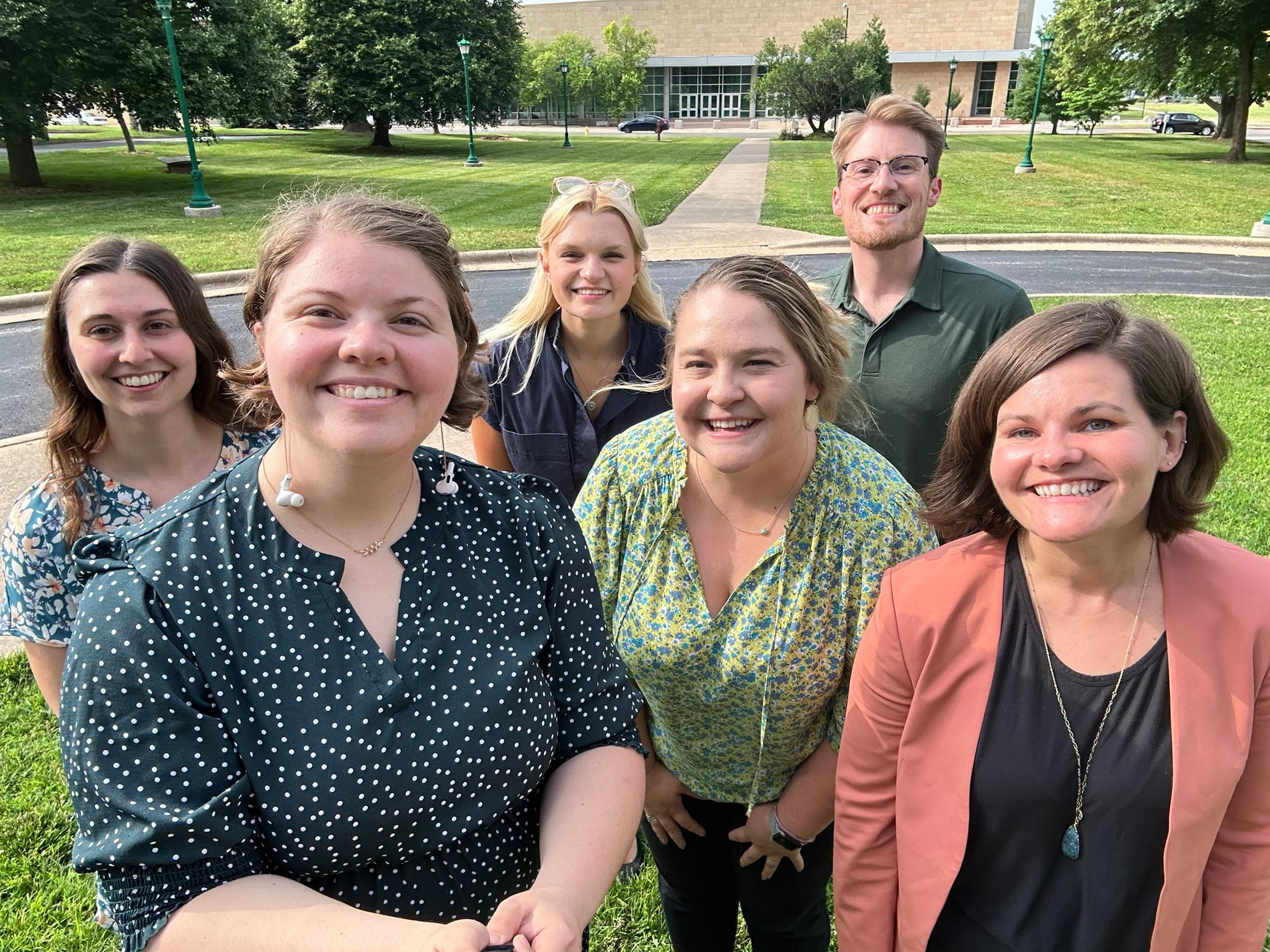
Lisa and other employees of the Rural Schools Collaborative (RSC) at the first annual RSC Regional Hub Summit.
Lisa's Top Leadership Tips
- Listen and adapt to the communities you serve.
- Focus on the root cause of the problems you hope to address, not their outgrowths.
- Frame your ideas in a way that can resonate with those outside your field of expertise.
- Regularly reflect on how your own experiences and biases influence your work and the communities you hope to serve.
- Always balance vision with action, continually checking in with mentors, journaling, and reminding yourself why you started.
What does it mean for you to be a Laidlaw Scholar?
Being a Laidlaw Scholar means leading with purpose and sticking with it, even when it feels like you’re on your own. It’s about turning curiosity into action that makes a difference for others. The cohort-based model of the research summer was especially meaningful to me—despite having different academic and research interests, we all shared a commitment to service. Laidlaw is where I met some of my best friends, people who supported me through projects like the #ruralcollegeequity campaign. It showed me that leadership isn’t something you do alone—it’s about working together and staying focused on creating real change. Most of all, Laidlaw is about turning research and intellectual curiosity into meaningful action.
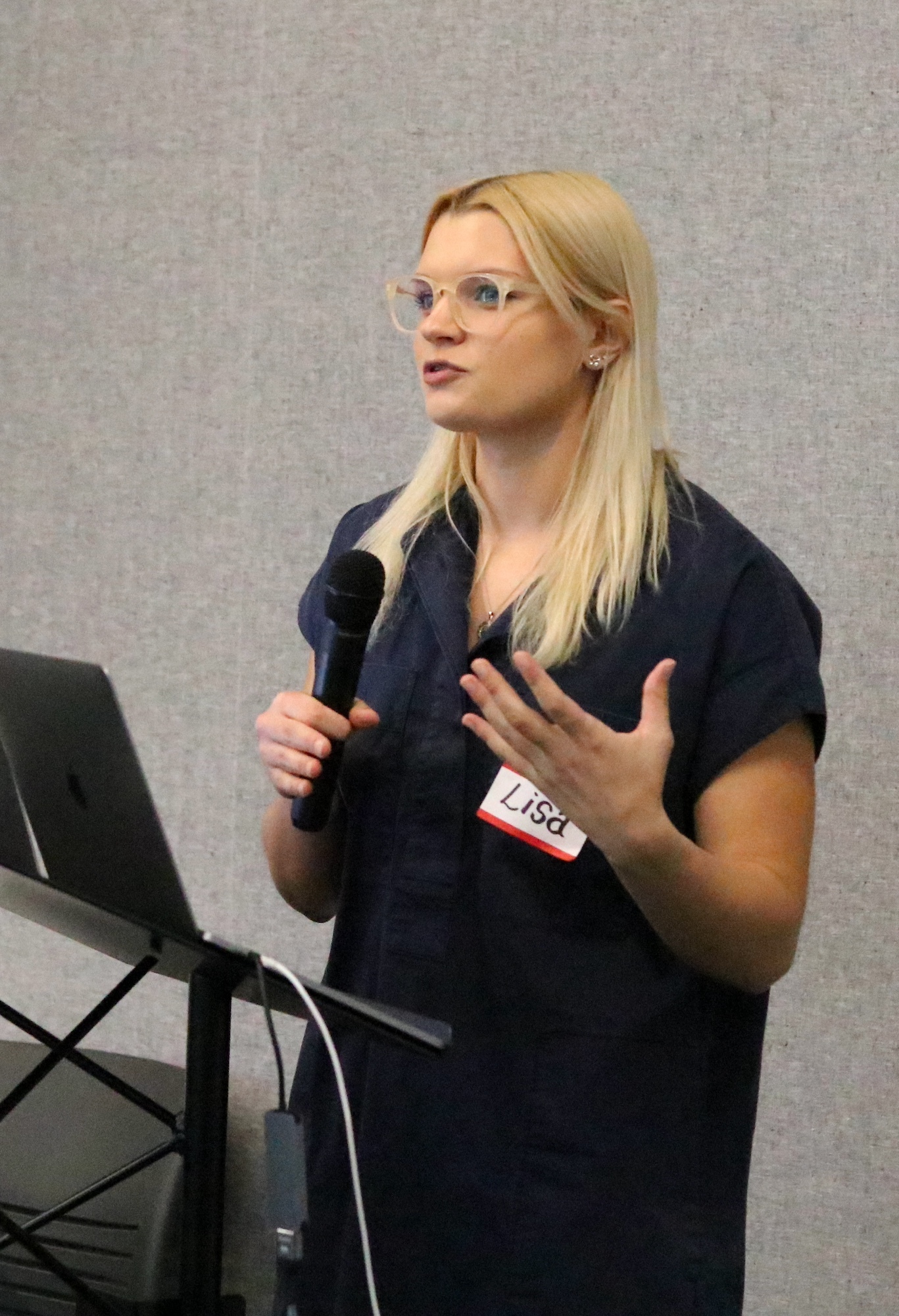
Lisa presenting to attendees at the 2024 Rural Schools Collaborative Regional Hub Summit about her research on university-community partnerships and how they may increase rural student enrollment and attainment.
Which particular leaders inspire you the most and why?
The leaders who inspire me most are Missy Foy, Director of the Georgetown Scholars Program (GSP), and Dean Charles Deacon, Georgetown’s Dean of Undergraduate Admissions. Both played a key role in founding GSP, which supports first-generation and low-income students, and both have become two of my most important mentors. Missy inspires me to lead with empathy—she spends her days in the GSP lounge talking with students, and when she sees a need, she acts on it to make institutional change. Dean Deacon inspires me with his deep commitment to service. After more than 50 years as dean, he continues to adapt to challenges and works to make admissions more equitable. Together, they show me the kind of leader I want to be: someone who focuses on people, stays committed to their mission, and works to create real change. They’ve shaped my college experience in countless ways, and I’m incredibly grateful for their example and support.
Briefly describe a scene from the future you are striving to create.
I imagine a future where every rural school has enough teachers, reliable broadband, strong counselor support, and place-based education that values the community it serves. In this future, rural students have the tools they need to get an education and keep going if they want to, without feeling like they’re starting from behind. Rural areas aren’t seen through deficit-based stereotypes but are valued as essential parts of society. I also see a world where Indigenous and tribal nations have full political and cultural sovereignty over their land. The Land Back Movement is successful, Native languages are preserved, and Indigenous communities are able to thrive on their own terms, leading with their traditions and values.
Quick-fire Questions
📺 Currently binging:
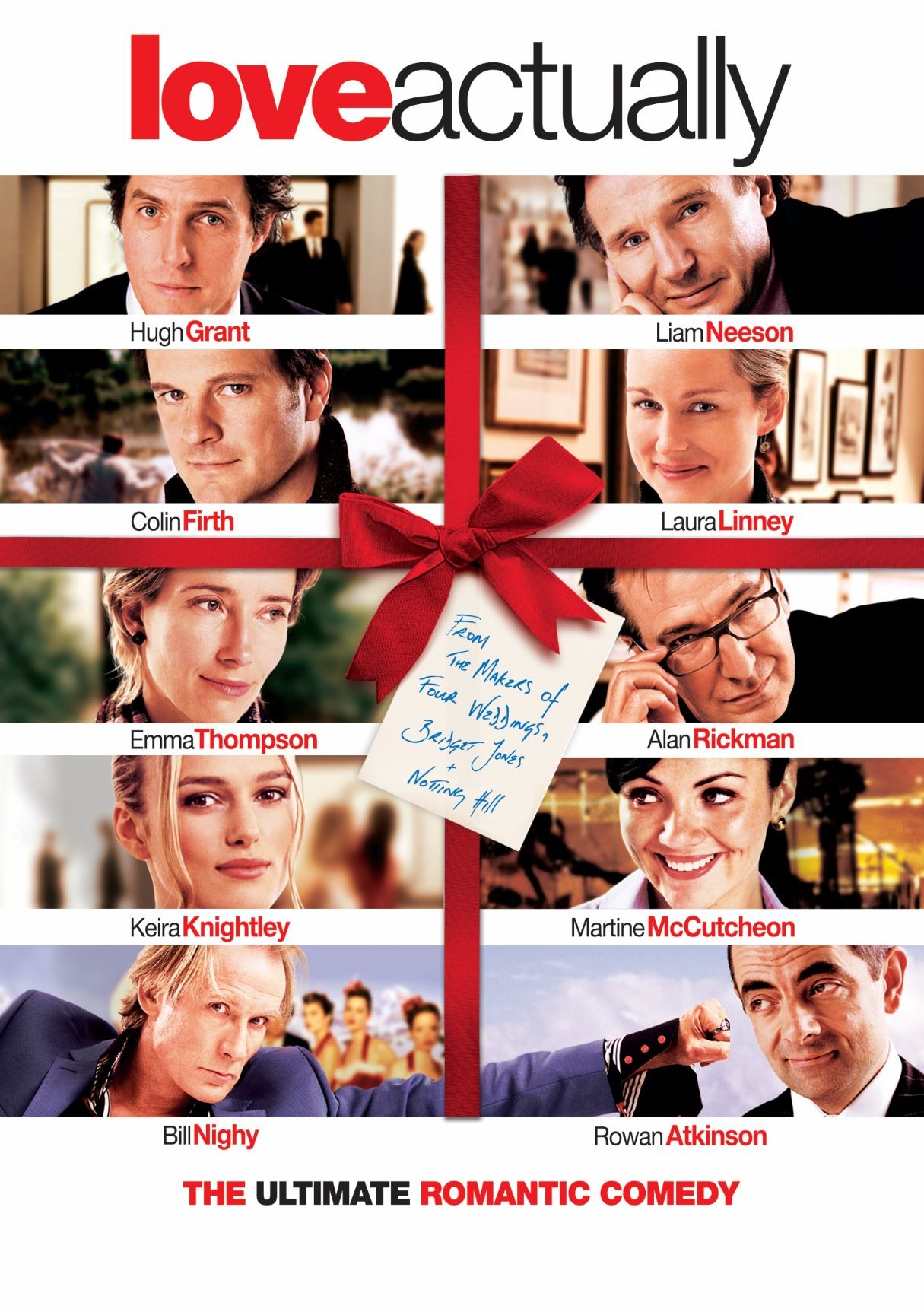
📚 My top book recommendation:
Generations: A Memoir by Lucille Clifton
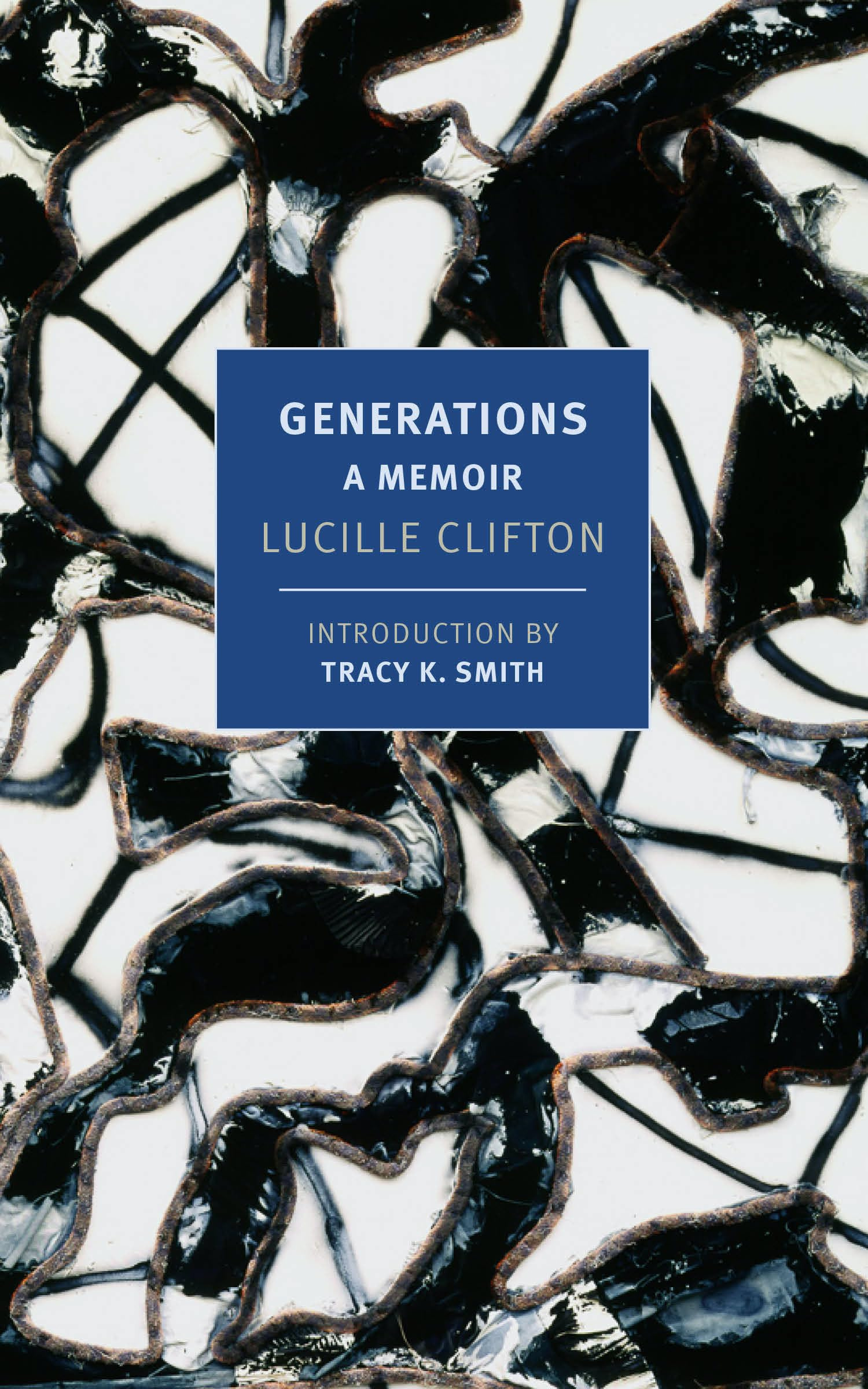
🎶 My anthem:
Don't Think Twice, It's All Right by Bob Dylan
🎙️Podcast obsession:
5-4 Podcast
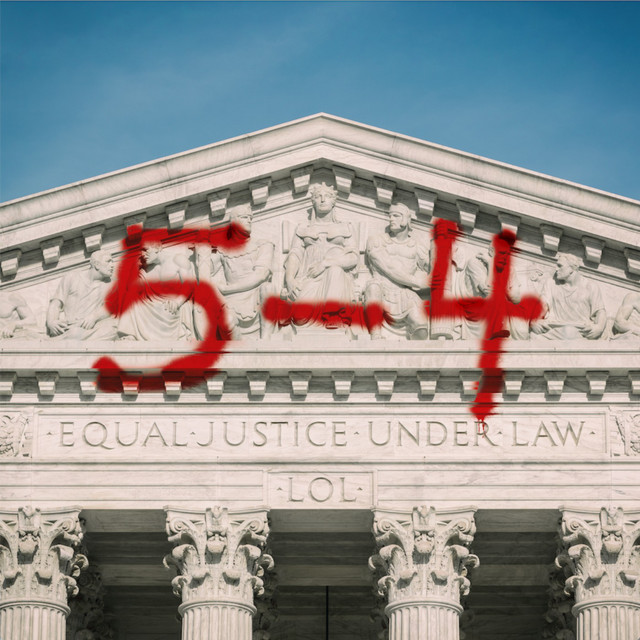
Something that made me feel joy recently 🌈:
Visiting the Columbia Road flower market in London!
If you want to learn more about Lisa's work, explore Lisa's research here and follow her on LinkedIn. Alison is a Laidlaw Undergraduate Leadership and Research Scholar at @Georgetown University. Become a Laidlaw Scholar to conduct a research project of your choice, develop your leadership skills, and join a global community of changemakers from world-leading universities.
Find out more about the Laidlaw Scholars Undergraduate Leadership and Research Programme.
🔦 Discover more Scholar Spotlights:
⚡️ Anuj (AJ) Manchanda, a Laidlaw Scholar at the University of Toronto, delves into how Environmental CSR initiatives shape consumer choices.
⚡️ Sebastian Glasper, a Laidlaw Scholar at the University of Leeds, explores social media’s role in mitigating loneliness among older adults.
⚡️ Sophia Waseem Khan, a Laidlaw Scholar at Durham University, champions sustainable agriculture through innovative ion recovery.
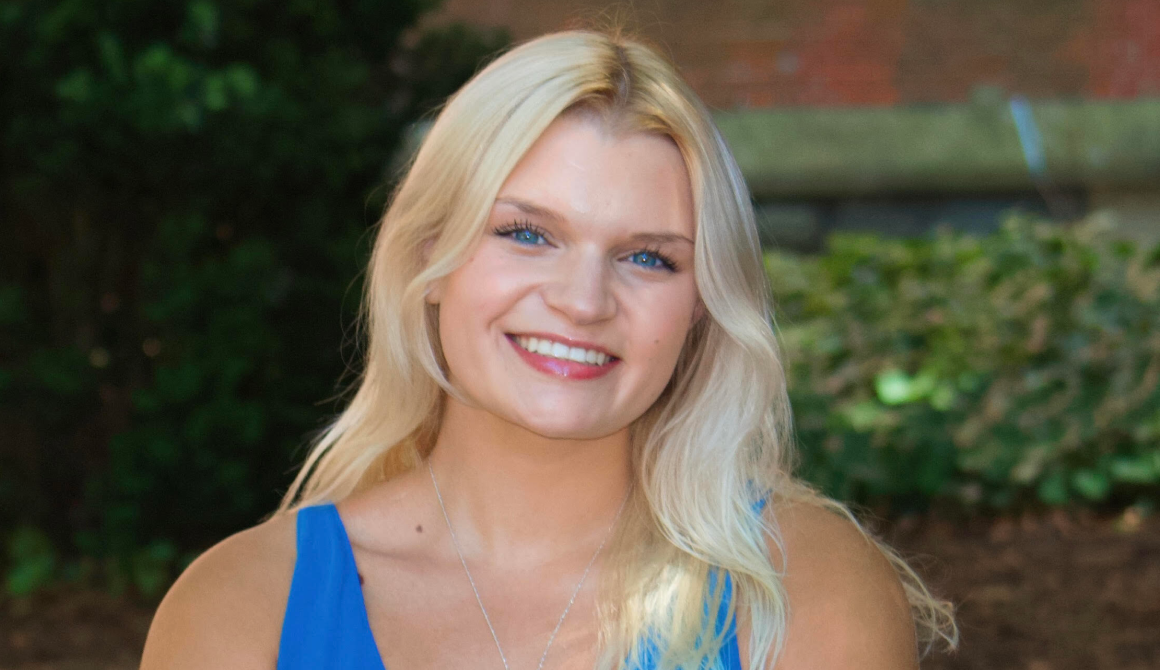
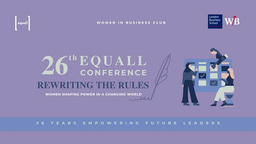



Please sign in
If you are a registered user on Laidlaw Scholars Network, please sign in